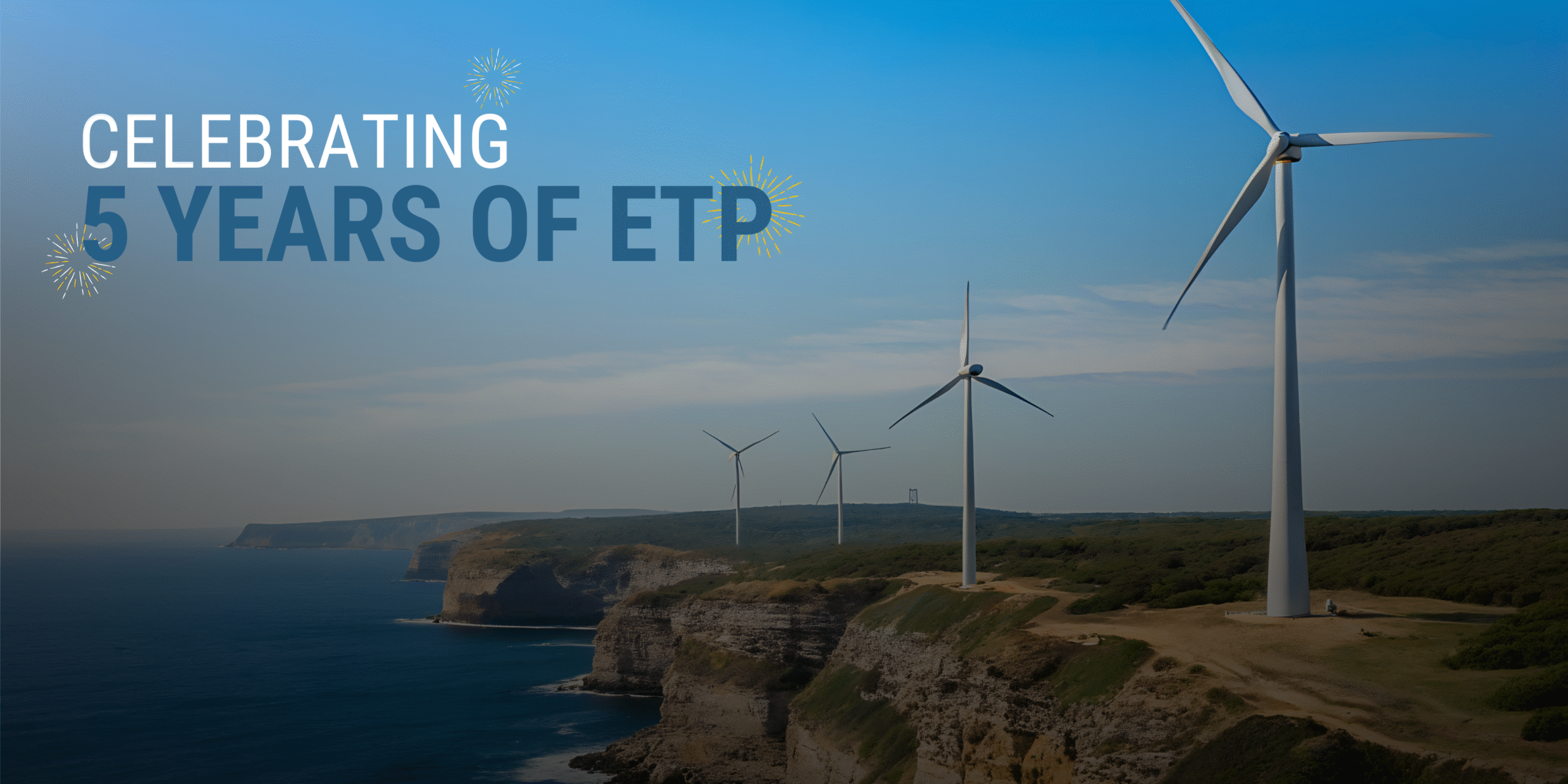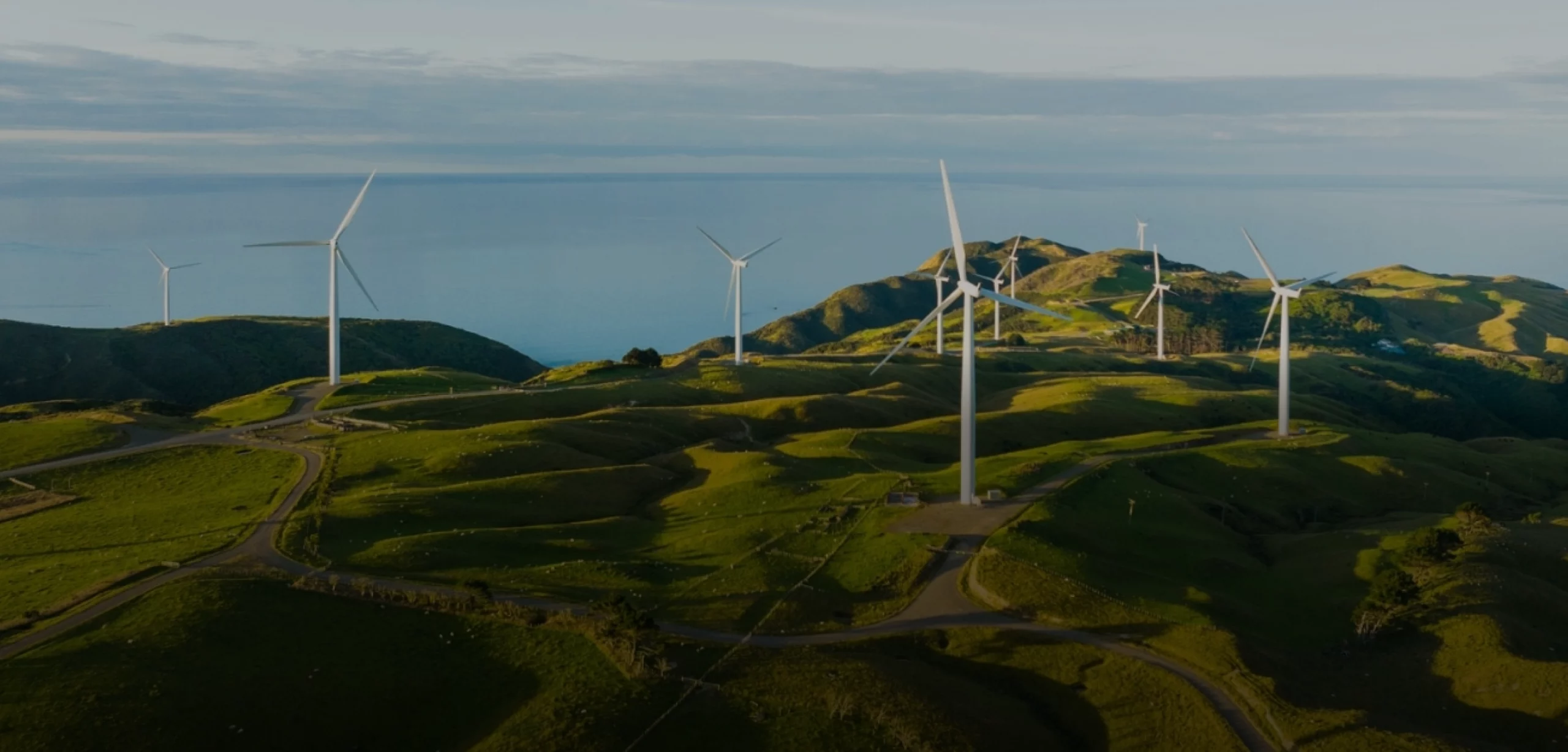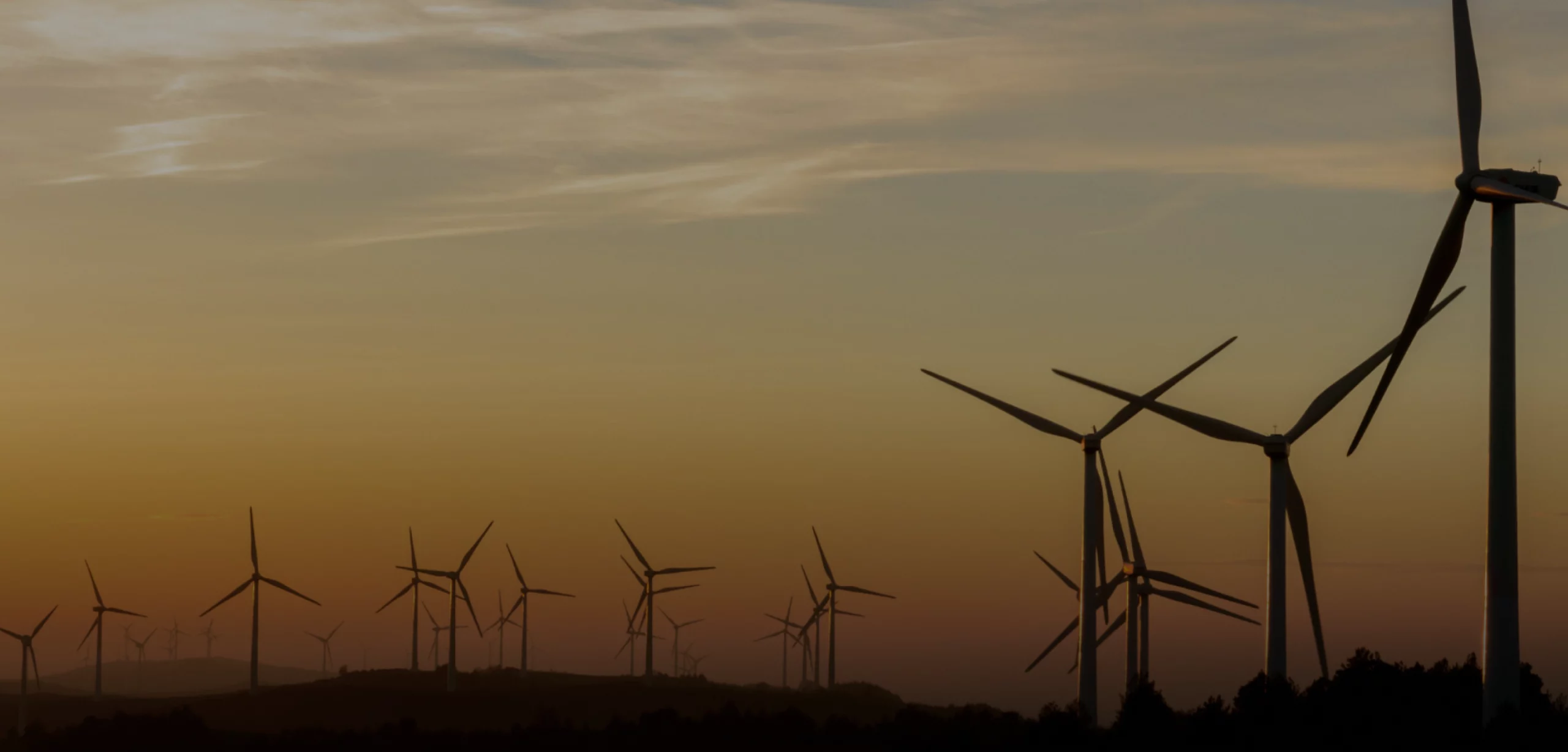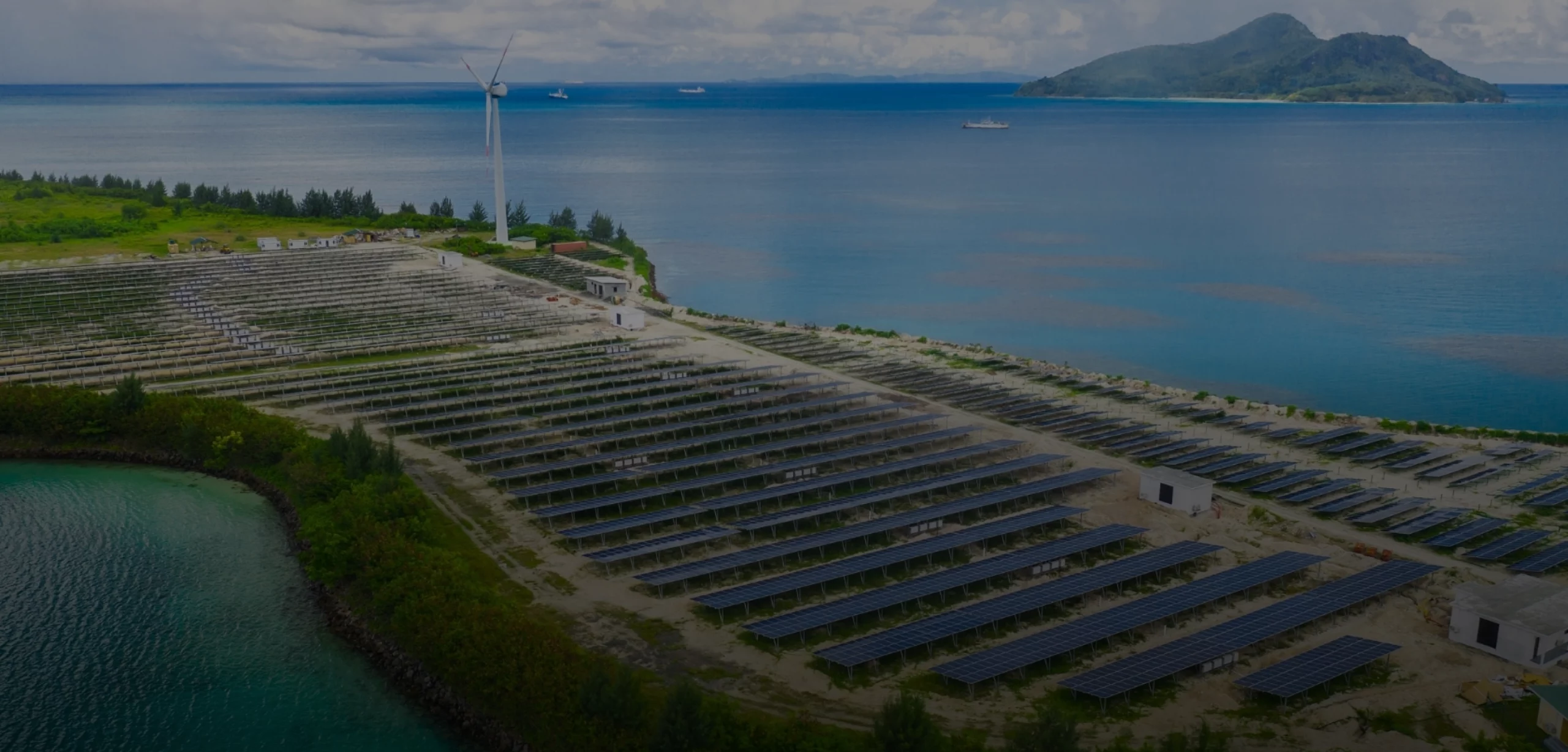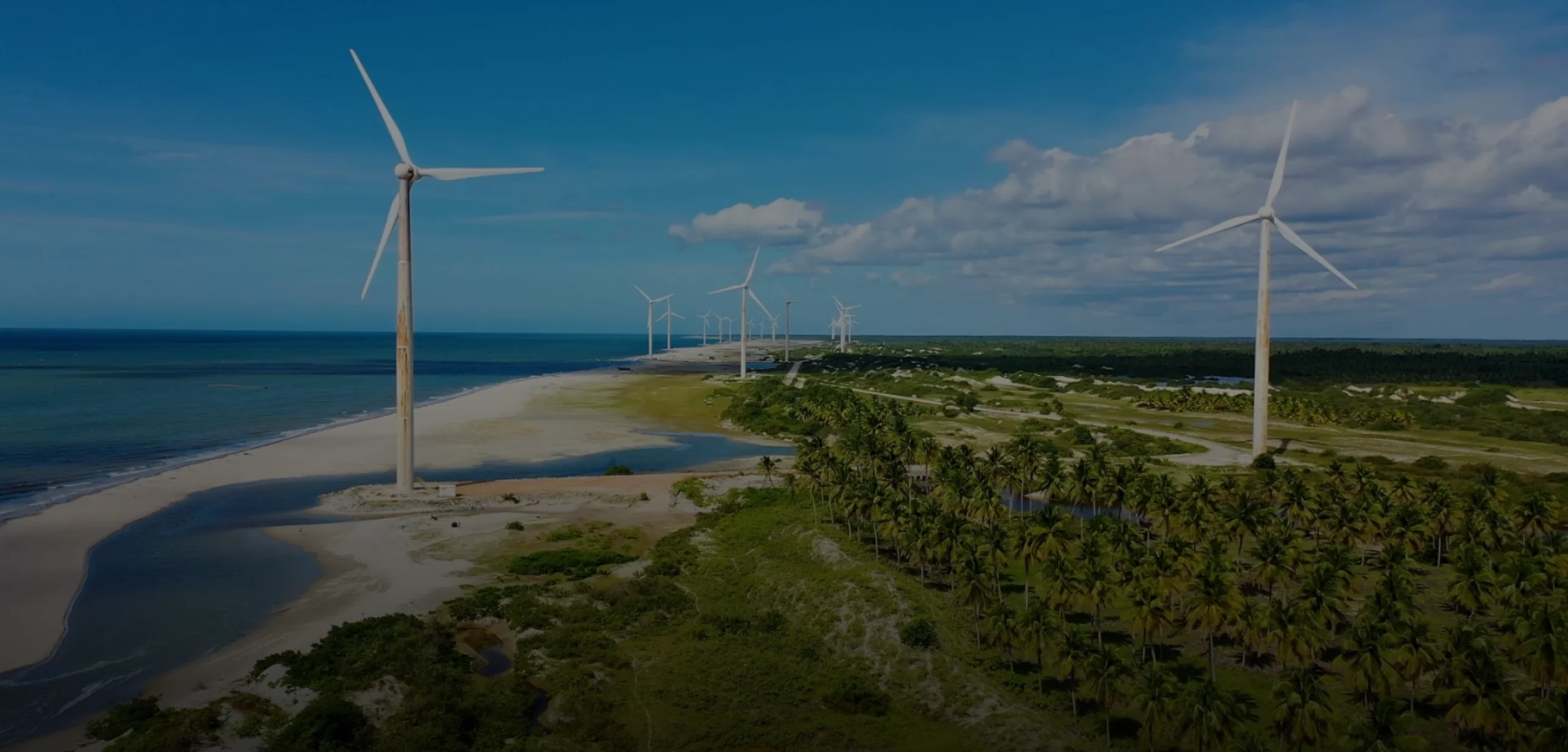WELCOME TO THE
Southeast Asia Energy Transition Partnership
ABOUT US
We are a dynamic partnership of government and philanthropic partners, working to facilitate sustainable energy transition in Southeast Asia, in line with the Paris Agreement and Sustainable Development Goals.
WHERE WE WORK
Our teams are based in Vietnam, Indonesia, the Philippines and Thailand (Secretariat), providing technical assistance and capacity building support for projects across the region.

OUR SDG FOCUS





Make a Difference: Support our Work!
To support ETP’s objectives and contribute to our pooled fund, click here

Sign up for our newsletter!
Receive quarterly updates about our work, events and more!

